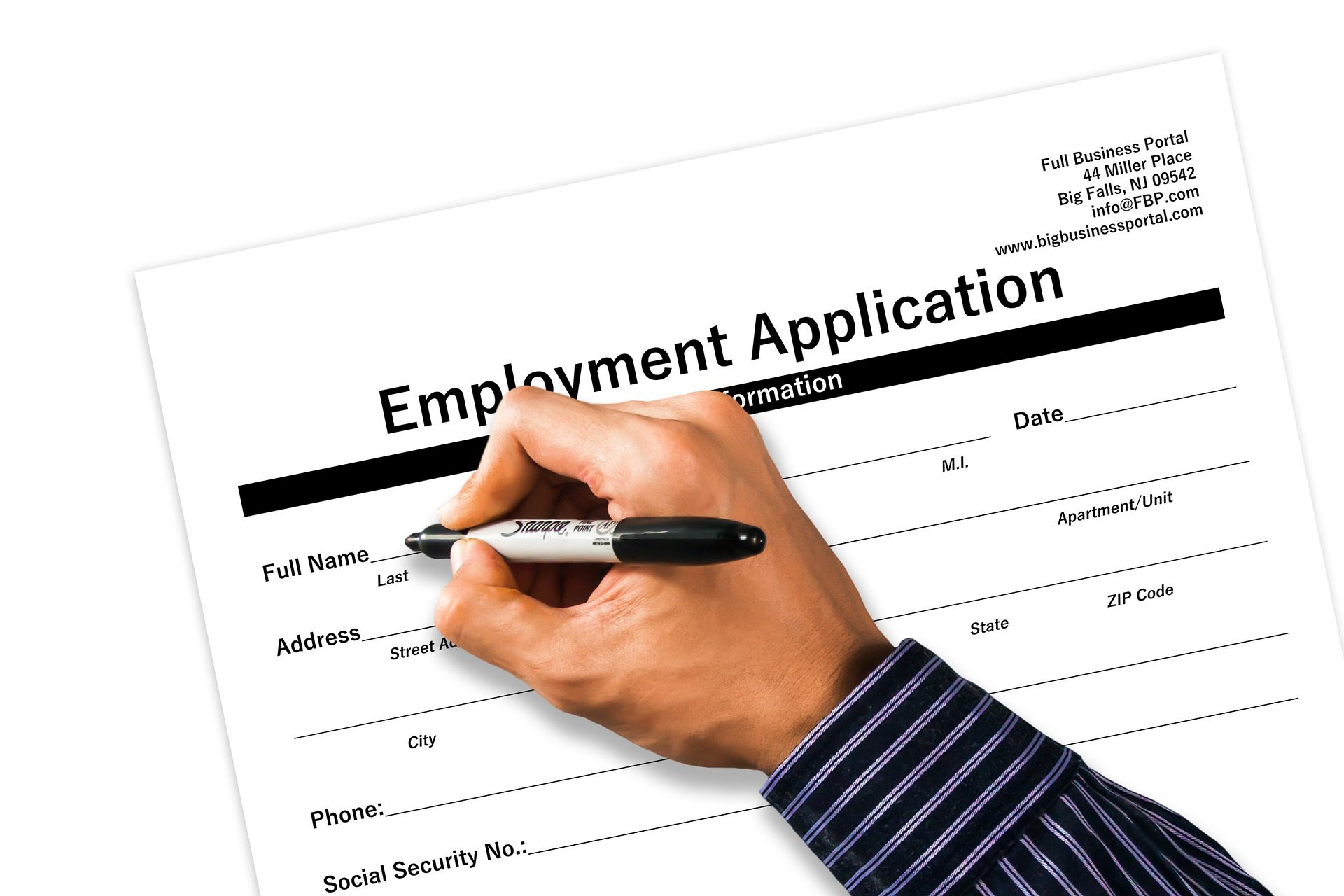
Should You List Your GPA on Your Resume? Here’s Everything to Consider
Previously Published to THE MUSE.
To add or not to add your grade point average to your resume? It might not seem like an important question, but did you know that there are times including or not including your GPA could literally help land you the job or nudge you into the rejection pile?
Adding your GPA to your resume when you don’t need to may detract from your actual qualifications. For example, if you went through a rough patch in college, your overall grade point average may have no bearing on the actual knowledge you’ve absorbed or your accomplishments outside of coursework or even in specific classes. On the other hand, not adding your GPA in certain situations could prevent someone from taking you seriously as a candidate when they otherwise would have. Maybe you have no professional experience in this field whatsoever, but you totally aced your classes in a related major, for instance.
As a professional resume writer, I’ve spent more than ten years exploring the art and science of successful resume writing. I’ve learned the ins and outs of applicant tracking systems (ATSs) and have watched hiring processes evolve over time. I’ve also written for a number of recruitment firms and agencies, educating candidates like you on how to market themselves through standard, military, and federal resumes.
So I know resume writing can be confusing and overwhelming. That’s why I’ve broken down the when, why, and how of including a GPA on your resume.
When Should You Include Your GPA on Your Resume?
First and foremost, if the job description asks for your GPA, include it. It’s always best to follow specific instructions!
Then you then want to consider your experience level. If you have limited work experience in the field you’re applying to, but have a traditional education in a related subject, you may want to consider including a GPA on your resume—especially if you’re a recent graduate. How well you performed in the classroom can set you apart from the pack of fellow “green” applicants. If you’re a couple of years out of school but are transitioning between careers and your education lines up with where you want to go, including a high GPA can communicate that you have specialization directly related to the job you’re applying for—even if your professional experience comes from completely separate areas.
Next you should consider what your GPA is. With your resume, you have the opportunity to set yourself apart from other candidates. So before adding your GPA to your resume, consider if and how your GPA will help you stand out. Adding a high GPA to your resume will communicate that you’ve grasped key concepts and have strong background knowledge in the area you majored in. It will also help you fill in some experience gaps and show your potential.
High “GPAs are typically seen as an indicator of meeting objectives,” says Muse career coach Chelsea C. Williams, a talent development and retention strategist specializing in diversity placement for students and professionals and CEO and Founder of College Code. Additionally, a high GPA points to qualities like commitment, work ethic, and focus, Williams says. These are all highly transferable skills that show someone hiring entry-level candidates that you have the potential to thrive in a work environment. A high GPA can also communicate that you’re able to learn quickly and can act as a sponge for all the new training that will be thrown in your direction. And if you had a high GPA while working a part-time job or juggling other activities or commitments, that can also effectively send the message that you can manage your time and can handle more than one project at any given moment—making you a great asset to your future team.
So what is a high GPA? In my experience, hiring managers often suggest including your GPA on a resume only if you earned a 3.7 or above.
When Should You Not List Your GPA on a Resume?
Tenured professionals shouldn’t list a GPA at all, Williams says. If you’ve been in the workforce for more than five years, your experience as a professional will speak volumes more about you than your college grades could. At this point in your career, consider removing your GPA even if you haven’t previously worked in the industry or field you’re applying for. Instead you “should highlight how much impact [you] have brought to the table, [your] direct accomplishments, and that [your] stakeholders were engaged,” Williams says.
Another reason to exclude your GPA, even early in your career, is that having too low of a GPA can sway an employer’s attention from your capabilities as a leader, a doer, or even a subject matter expert. So if your GPA is 3.69 or below, leave it off your resume. Not including your GPA won’t shut doors that were meant to be open! Just make sure your resume highlights your skills and experience in a way that shows you’re an achiever.
If your GPA is low, my advice is don’t sweat it. Many people struggle in a traditional classroom setting, aren’t good test takers, have personal issues come up during their studies, or just learn better by doing. In these and other cases, your grades might show no correlation to the wealth of knowledge and skills you actually gained during your education. And they certainly won’t show the foundation you built or could build once you’re in a real-world environment.
Even when employers say they prefer to hire candidates with, say, a 3.7 GPA and above, this doesn’t always automatically exclude a candidate with a lower GPA, so you might consider omitting it even when the job descriptions asks for it, Williams says. Just be prepared for questions about accountability and how you’ve grown professionally outside of the classroom if you reach the interview stage.
Overall, if you’re unsure if you need to include your GPA, I recommend leaving it off. This is especially true if you already have a significant number of achievements on your resume.
What’s the Difference Between a Major GPA and Cumulative GPA, and Which Should You Include?
If you have a lower overall (or cumulative) GPA, you might want to also include your major GPA, which is the GPA that you earned just for the classes directly related to your major. Hiring managers almost always take candidates with lower cumulative scores into consideration when they have a high major GPA. Listing your cumulative and major GPA could potentially help you make up for where you otherwise fell short.
Adding a minor GPA is another way to showcase your expertise in a certain area. If your degree program was in business, for example, but you also excelled in law-related classes for your minor, your strength in law-related subjects could be overlooked if you don’t call attention to it. Adding your minor GPA alongside your major and cumulative scores could help you stand out for a law-related position.
That said, a hiring manager will weigh different factors depending on what they’re looking for. For example, “prior to COVID-19, I would have said that a major GPA matters because it directly aligns with the role at hand,” Williams says. “Today I believe that a cumulative GPA will weigh more heavily in an environment where being a generalist and highly adaptable is necessary to thrive.”
How to List GPA on a Resume
Depending on the resume style and format you use, your GPA might need to be listed a little bit differently. There are a few standard options you should always consider. These not only allow ATSs to “read” your GPA properly, but also ensure that your GPA will stand out, catching the attention of hiring teams. While the standard is to include your GPA in your education section, in some situations (particularly when you have a very high GPA of 3.8 or above), you may also want to mention your GPA in your cover letter or a resume resume summary. For example, your resume summary might start off saying: “High achieving finance grad with a 3.9 GPA and a passion for data analysis.”
Consider the following format for listing your cumulative GPA:
Bachelor of Science in Entertainment Business | GPA: 3.8
FULL SAIL UNIVERSITY | Winter Park, Florida | 2018
* Relevant courses: Entertainment Law, Intellectual Properties, Branding, Finance, Statistics
Or:
Bachelor of Science, Entertainment Business (GPA: 3.8) – 2018
- Full Sail University, Winter Park, Florida
- Relevant courses: Entertainment Law, Intellectual Properties, Branding, Finance, Statistics
Consider this format when using both major and cumulative GPAs:
Full Sail University
Bachelor of Science in Entertainment Business
Major: Entertainment Business & Marketing | Minor: Entertainment Law
Major GPA: 4.00/4.00 | Cumulative GPA: 3.30/4.00
Honors / Distinctions: Full academic scholarship, Course Director’s Award in Project Management, Course Director’s Award in Public Relations
In the end, whether you include a GPA on your resume or not, you will want to market yourself as a trustworthy professional, diligent in whichever role you take on and able to adapt to whatever the workforce throws your way. So make sure you include on your resume all the skills, experiences, and accomplishments that will help you do just that.
READ THE FULL ARTICLE ON THE M– USE.



